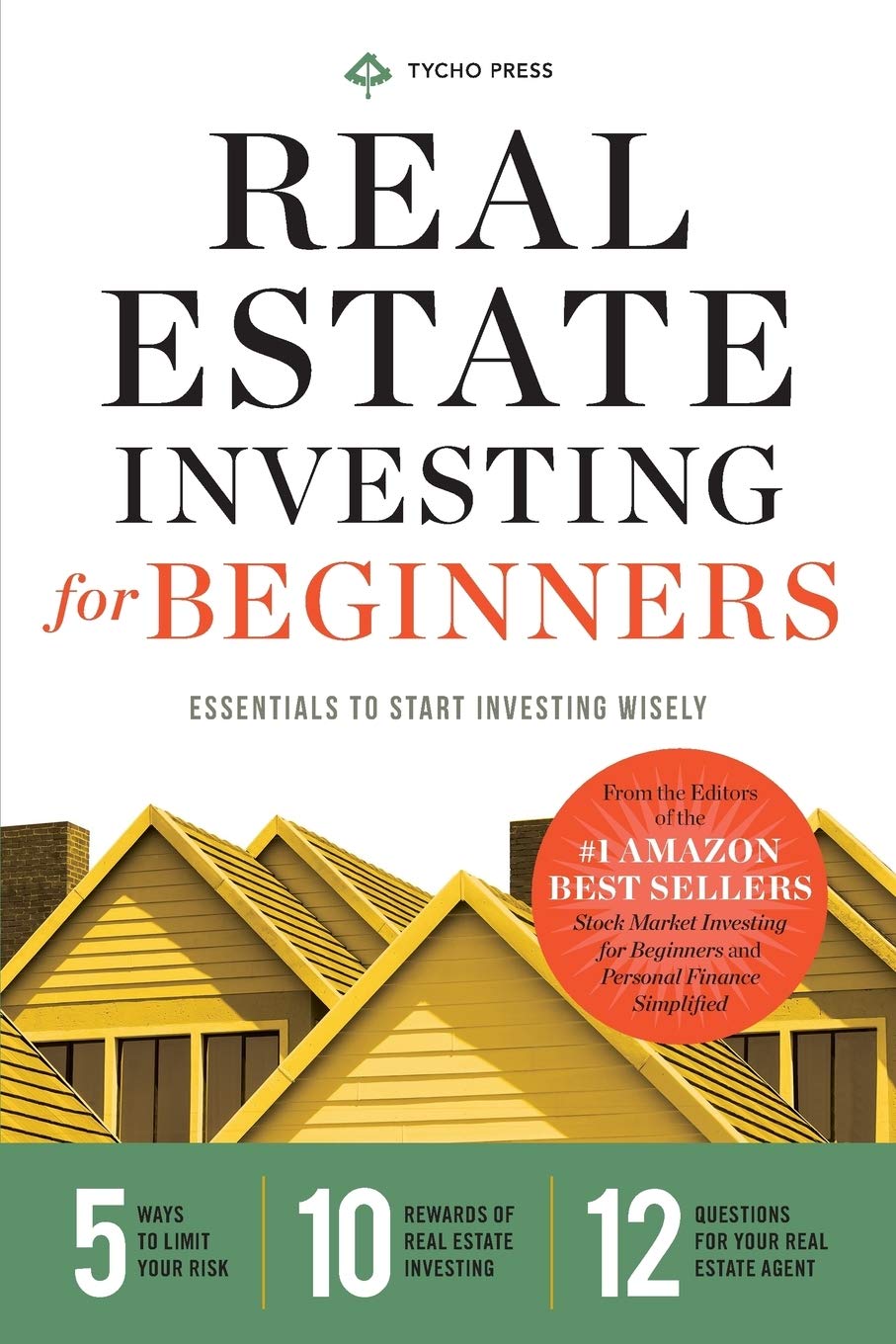
An In-Depth Look at Real Estate Investing Software
In today's digital age, real estate investing software has become an essential tool for investors. They provide solutions for complex tasks like market analysis, deal evaluation, and risk assessment. This article delves into the various types of real estate investing software available. Grasping the capabilities of investing software can lead to more profitable outcomes. Let's dive into the world of real estate investing software and discover how it can transform your investment journey. This information is valuable for investors at all levels seeking to enhance their operations. Our goal is to provide you with the insights needed to make informed software choices.
These tools offer functionalities that address the unique challenges faced by real estate investors. Advanced software might also offer market trend analysis and predictive analytics. Utilizing these tools can save time and reduce errors in your investment process. Understanding the different types of software available is crucial to selecting the right one. Learning from others' experiences can guide your own software implementation. Resources like real estate investing blog WHOLESALING HOUSES INFO offer insights into choosing and using real estate investing software. Expert opinions from industry leaders can help you navigate the software landscape.
Discover more about real estate investing software, visit: rei crm
Advantages of Real Estate Investing Software
One major benefit of real estate investing software is improved efficiency. Accurate data is critical for making sound investment decisions. Staying updated on market trends helps you identify opportunities quickly. These platforms often include customizable reports and dashboards. Shared access to data ensures everyone is on the same page. Investing software can integrate with other tools you use, like accounting software. Using software demonstrates professionalism to clients and partners.
Many software solutions offer educational resources and support. As your investments expand, the software adapts to handle increased complexity. Cost savings are realized through reduced manual labor and errors. Security measures are crucial in today's digital landscape. Mobile functionality ensures you're always connected to your portfolio. Market insights support proactive rather than reactive investment strategies. Sustainability practices can be a part of your corporate responsibility initiatives.
Exploring Different Software Solutions
These tools manage tenant information, leases, and maintenance requests. They provide calculators for metrics like cap rate, cash-on-cash return, and IRR. These platforms help identify high-growth areas and emerging opportunities. They consolidate information across properties for a holistic view. Financial modeling software allows for detailed forecasting and budgeting. Customer relationship management (CRM) software enhances client interactions. These tools expand your access to potential deals.
Construction management software aids in development and renovation projects. Staying compliant mitigates legal risks and penalties. They identify deductions, credits, and planning opportunities. Education and training platforms provide learning resources for investors. Visual tools aid in presenting information to stakeholders. They facilitate partnerships, mentorships, and deal opportunities. Innovative viewing experiences can differentiate your offerings.
Selecting the Best Software for Your Needs
Identify your specific needs and objectives before exploring options. Long-term suitability ensures a better return on your software investment. Evaluate the user interface and ease of use. Training resources help you utilize all features effectively. Compatibility enhances overall operational efficiency. Strong security protocols are non-negotiable in today's environment. Budget alignment ensures the software is a financially viable choice.
Insights from peers provide real-world perspectives on software performance. Trial periods allow you to evaluate functionality and usability. Ensure the software is regularly updated and maintained. Customization allows you to tailor the tool to your specific processes. Vendor credibility can impact the software's future development. Robust reporting features support better strategic decisions. Think about the learning curve and the time required to implement.
Best Practices for Software Adoption
A roadmap guides the process and sets expectations. An informed team reduces errors and increases efficiency. Key performance indicators (KPIs) help assess effectiveness. Personalization increases user satisfaction and adoption rates. Feedback can lead to improvements and tailored support. Data protection strategies safeguard your critical information. Stay updated with new features and updates released by the provider.
Teamwork enhances overall performance. Monitor compliance with data security policies. Data insights drive better investment choices. Routine utilization maximizes benefits. An iterative approach leads to sustained success. Timely action maintains momentum. Recognizing achievements motivates continued use.
To learn more about real estate investing, visit: real estate investor crm software
Final Thoughts on Real Estate Investing Software
To wrap up, adopting the right software is a strategic move for any serious investor. Thoughtful choice ensures alignment with your goals and maximizes returns. Implementing best practices in adoption and utilization further amplifies these advantages. The investment in software pays off through time savings, accuracy, and better decision-making. We encourage you to explore the options available and take the next step in modernizing your approach. Staying ahead requires adaptability and openness to innovation. Your proactive steps today lay the groundwork for tomorrow's success.
